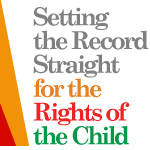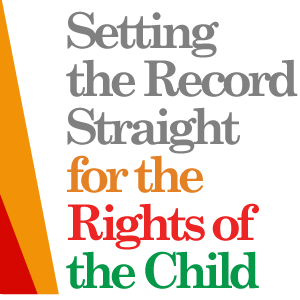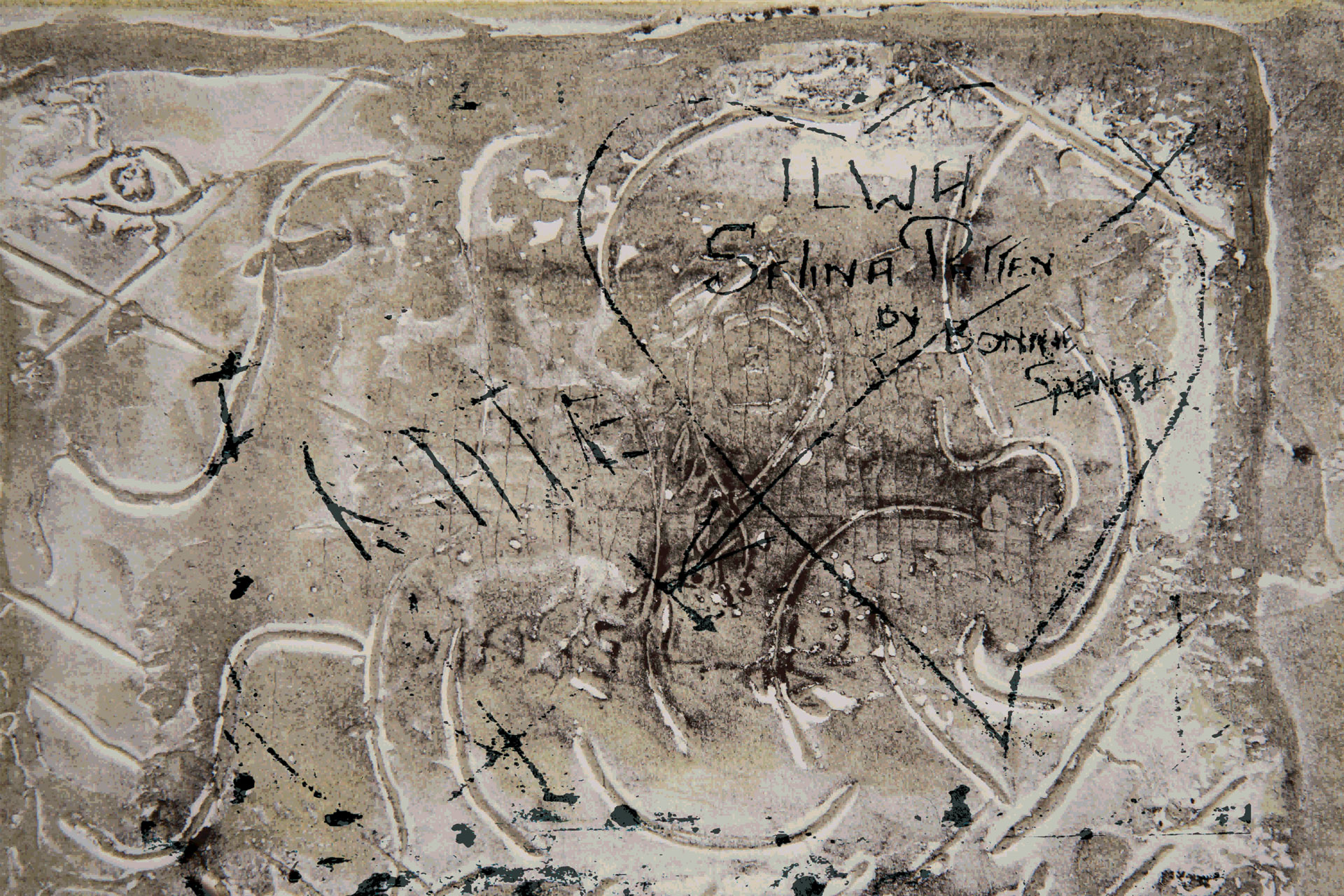Despite a succession of inquires, apologies and investments in responses, records and recordkeeping issues continue to be raised in the hearings of the current Royal Commission into Institutional Responses to Child Sexual Abuse.
And while National Standards for Out-of-Home Care emphasise the need for better childhood records to be created and kept do we have the recordkeeping and archiving infrastructure in place to adequately support this?
Continuing Issues
Access
Since the 1980s, Care Leavers have used Freedom of Information (FOI) legislation to try to get access to their files. However, many of them have found the experience disappointing and frustrating. Many found that their records had been lost, destroyed or could not be found, or that the organisations holding them were uncooperative and unsympathetic. Many others were disappointed with what they found. There were large gaps in their file when nothing was recorded, incorrect dates, misspelled names, and derogatory comments about them or their parents. Moreover, privacy legislation is often implemented in such a way as to censor information about family members that is crucial in their search to reunite with their family. In addition, Care Leavers are rarely told about their right to amend the records if they find their content to be inaccurate.
The 2014 Evaluation of Find & Connect Services found that the Find and Connect Services had demonstrated considerable progress in meeting the needs of the Care Leavers who used their services, but that much still remained to be done to facilitate access within and across jurisdictions and that the differences in the extent of redactions to records between jurisdictions was a particular source of frustration for Care Leavers.
Agency
Existing archival and recordkeeping frameworks, processes and systems put the rights of organisations, institutions and governments responsible for out-of-home care ahead of those of the children and young people. These regimes have been found to foster poor quality recordkeeping, and to be incapable of supporting childhood development outcomes. They exclude children and young people from participation in decision-making about their records and continue that exclusion throughout adulthood when Care Leavers come back to ask for their records.
There is a mismatch of expectations regarding the ownership of the records with Care Leavers seeing their files as their records and organisations seeing them as their organisational records and wanting to maintain control over them.
Recordkeeping systems must be centred on children in out-of-home care and adult Care Leavers as participatory agents not passive, captive subjects of the records. Recordkeeping practices and systems must be developed which engage the children and young people as co-creators in decision making about what records to make, how long to keep them, what metadata to capture about them, and who can access them throughout their lifetime. This will involve:
- Enabling children and young people in out-of-home care to create their own records, with care providers undertaking the role that families play in supporting childhood identity and memory making.
- Writing into service provider agreements requirements to work with children to create their own records and document their experiences, life events and memories in concert with social workers, care givers, teachers, and health professionals.
- Establishing a charter of rights in childhood records to govern the ongoing records access needs of Care Leavers and more consistently, effectively and compassionately deal with the historical legacy of fragmented and distributed archives. See the Charter of Rights to Childhood Records developed by Frank Golding from CLAN.
Accountability
- Record holders still have a lot to do to ensure that they meet the Access to Records by Forgotten Australians and Former Child Migrants Guidelines published in June 2015 by the Department of Social Services.
- Providers of out-of-home care, past and present, have a duty to be accountable to the children that are/were in their care and the Care Leavers when they later come back to ask questions.
- Providers of out-of-home care must have in place recordkeeping systems that make it possible for them to be accountable for the way they run the services that they provide.
- Archivists and recordkeepers have a professional responsibility to strive to develop archival and recordkeeping systems that meet the needs of all the stakeholders who have an interest in the records they manage.
Architecture
Australia lacks a holistic, unifying framework for recordkeeping and archiving. There are no truly national or state archives. The National Archives of Australia and the state archival authorities only regulate the archives of their respective governments. There is no legislation to regulate the recordkeeping and archival practices of the non-governmental sector. The quality of recordkeeping and archival management varies markedly across the non-governmental sector. Non-governmental archives are dispersed across library manuscript collections, university-based collecting archives and prime ministerial libraries, historical societies, and records and archives units within organisations such as business firms, religious institutions, schools and community organisations. There are significant gaps in the archival record, with some sectors and communities largely absent from archival collections.
The absence of common recordkeeping and archival frameworks impacts in devastating ways on children in care and Care Leavers. Many Care Leavers have told of the traumatising impact that the fragmentation, dispersal and loss of vital records and the difficulties they faced when looking for records had on their lives and wellbeing.
The challenge that we are facing is to design and build an integrated data, information and recordkeeping architecture that meets the short and long-term operational and accountability needs of Australia’s child protection system and ensures that the system also creates and maintains a personal archive for each child that adequately documents their time in out-of-home care and plays a role in establishing their sense of identity and connectedness with family, community, place and culture.


